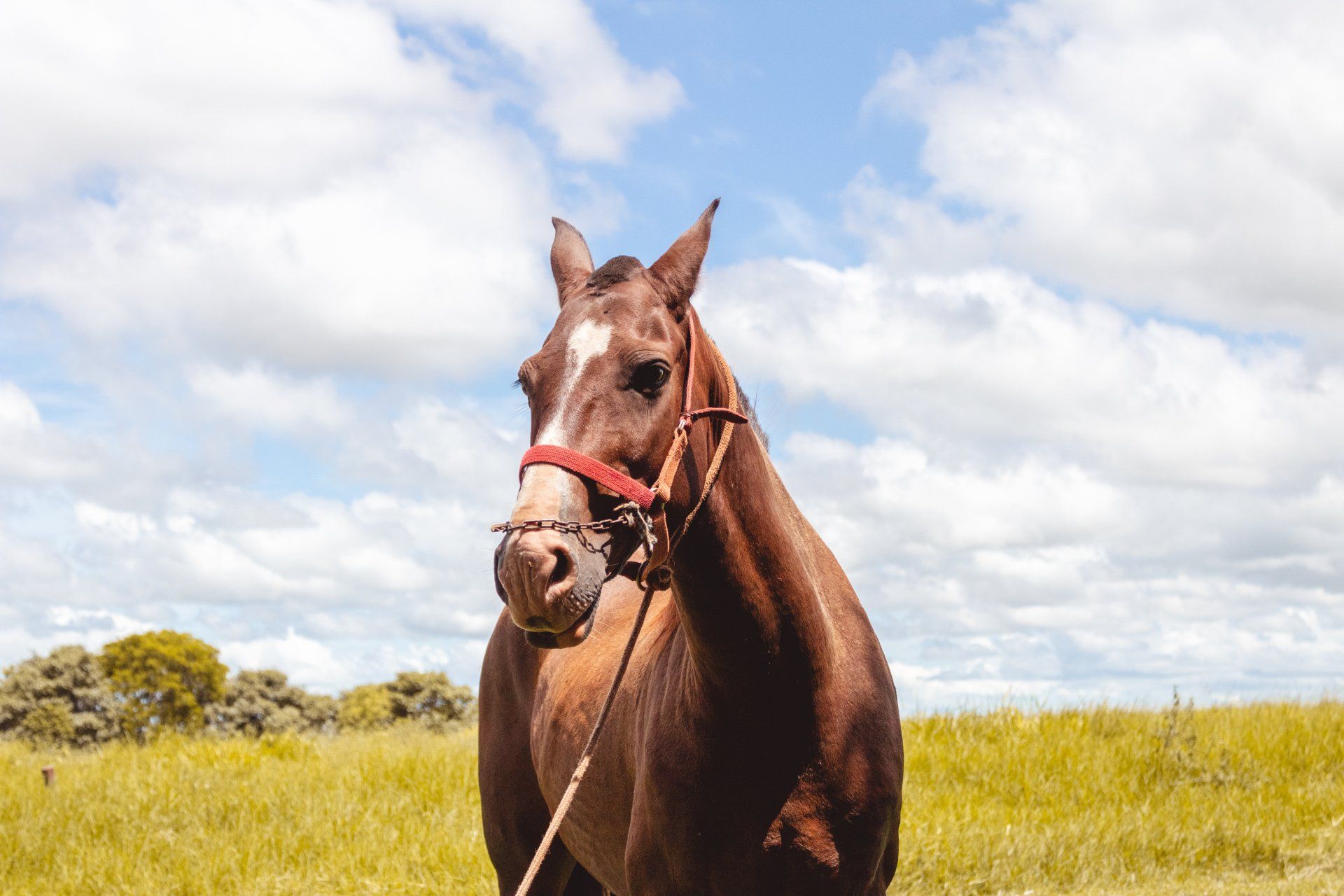Caring for Pets in Cold Weather
Caring for Pets During Cold Weather
In Akron, Barberton, Norton and the surrounding regions of Ohio, the weather can turn brutally cold. This extreme cold presents additional risks to our pets, especially those that are outdoor pets. Below are some key areas to keep your pet safe during this cold weather in Ohio.
- Keep all pets indoors whenever possible. If that is not possible, make certain that he/she has adequate shelter from the snow, wind and cold. An enclosed building or garage (see tip #3) can provide additional insulation from the cold and wind. Adding a heat lamp (see tip #2) or a small “cat house” is even better.
- Some small outbuilding and garages can be kept warm by suing a heating lamp. Heat lamps should be used with extreme caution, as they may increase the risk of fire. These should not be used in very small spaces. Pets can also get burned if they come into direct contact with the heat source (mainly the bulb).
- Cats often seek out warm areas to hide in during extreme cold. One such area is located under the hood of a car after it is done running. We recommend to always bang on the hood of your car prior to starting it up. If the cat is there when you start the car, they can be severely injured or killed.
- It is a good idea to keep your dog on a leash at all times when you are outside. This is even more important in the cold, especially when snow and ice are involved. More dogs are lost during the winter months than any other season. We think this is due to the fact that dogs can easily lose their scent (scent trails) since these routes are covered over with the ice and snow.
- We recommend that all pets receive an identification microchip, such as the Home Again microchip system. These microchips are implanted under the skin, so they remain with your pet at all times. At minimum, all pets should have updated and easy to read pet ID tags.
- After returning from a trip outside, wipe your pet down to remove snow, ice and moisture. The paws are a very important portion of the body to clean, as ice and snow easily clings to the hair on the bottom of the feet. This can lead to cracked feet or pads and potentially frostbite. You should also wipe down the bottom of your dog’s abdomen (stomach) to remove snow, ice and any possible chemical residues (salt, antifreeze, and other potentially harmful substances)
- We do not recommend shaving your pet’s hair coat down in the winter. This may be obvious, but the hair coat is their thermal protection against the bitter cold that we tend to see in Barberton, Norton, Akron and the surrounding areas of Summit and Stark Counties.
- For breeds with naturally shorter hair coats, we recommend a blanket, sweater or coat. These help to keep your pet both dry and warm.
- Do not leave your pet inside a car. The inside temperatures in a car can drop rapidly, resulting in an animal freezing to death. Pets that are left inside a running vehicle could potentially inhale fumes from the exhaust, or even put the vehicle into motion.
- Like babies, puppies are not as good at thermoregulation as adult dogs. If your puppy seems to be sensitive to the extreme cold, you may opt to paper train indoors. Some dogs and puppies can still be trained outside, but they may not like the cold on their feet. In these cases, we recommend shoveling an area of grass to keep the amount of snow and ice limited.
- Older pets are also more sensitive to the cold. If you have an elderly pet, let them outside only to relieve themselves, allowing them to return inside as quickly as possible.
- Oftentimes, we do not consider the indoor environment of your pet. It is best to keep pets off of direct contact with the floors. Make sure to locate pet beds away from doors, vents and other drafty areas.
- Double and triple check that you vehicle is not leaking antifreeze. Unfortunately, antifreeze is very sweet in taste, yet highly lethal.
- Have a horse? Click HERE for cold weather tips for Horses (you will be redirected to our partner clinic, The Orrville Veterinary Clinic, Inc.)
Akron Barberton Veterinary Clinic is here for you: We strive to provide relevant and helpful pet care tips to our clients and their beloved pets.
Click HERE for Thanksgiving tips for your pets.
We are always available for animal emergencies through our Orrville Veterinary Clinic. You can reach us after hours by calling (330)682-2971.
This article is written for Akron Barberton Veterinary Clinic by Dr. Jeff Fink












